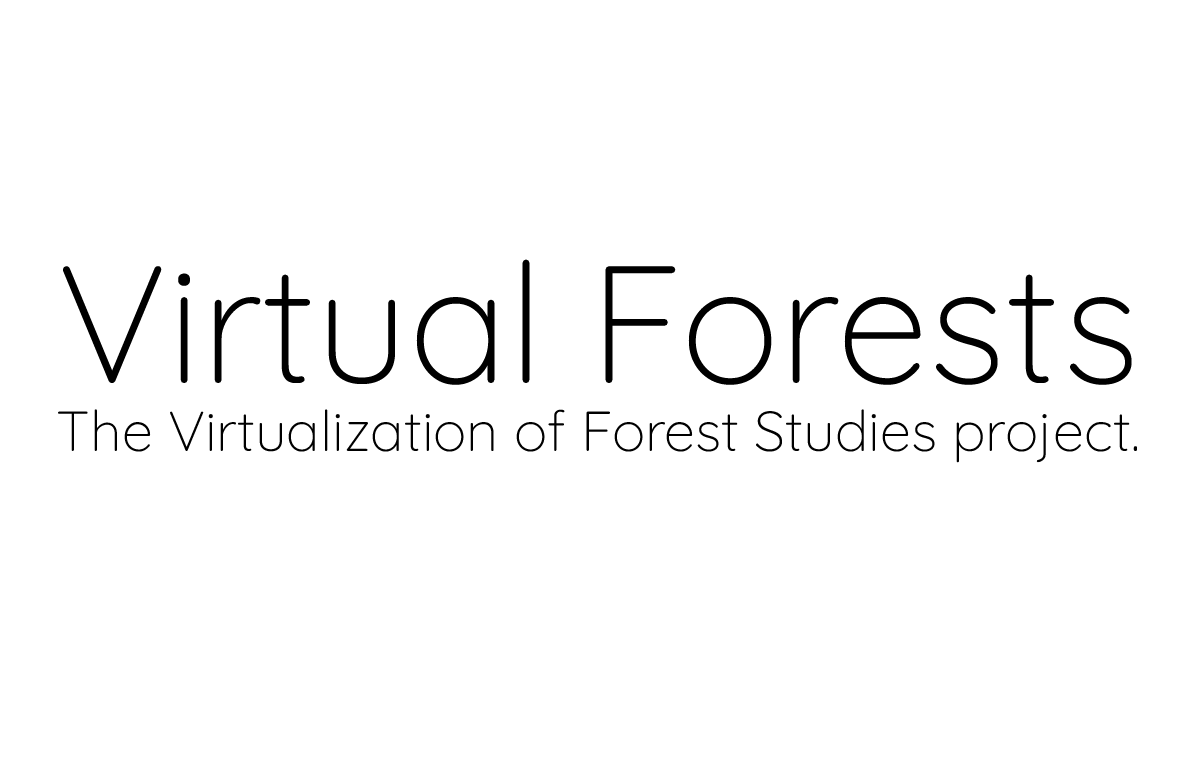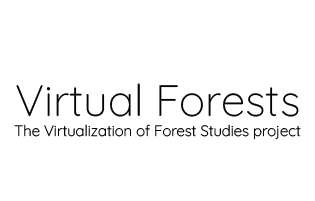Chatbot development for student information and buddy teaching assistant for leveling students

Conversational agents (also known as chatbots) are software tools that use natural language processing techniques to interact with humans through voice or text allowing us to use our own terms, giving the illusion of a human-to-human interaction (Klopfenstein, Delpriori, Malatini, & Bogliolo, 2017). Agents operate within a well-defined set of rules and parameters that shape its behavior with the aim of assisting humans in a variety of tasks, like solving claims with the Internet access provider or asking for advice to use software or Web applications (Brandtzaeg, 2017).
In the educational realm, conversational agents have successfully served a number of purposes, such as tutoring (VanLehn et al., 2007; Catalán-Aguirre et al., 2018), question-answering (Feng, Shaw, Kim, & Hovy, 2006), language learning practice (Griol, Baena, Molina, & de Miguel, 2014). More recently, the ColMOOC Erasmus+ project (https://colmooc.eu, with the participation of some researchers from the UVa team) has studied the use of conversational agents to mediate in collaborative activities, which slightly changes the role of the agent, that become a facilitator of the discussion between several students (i.e. it aims at providing both cognitive and social support) (Michos et al., 2020).
In VirtualForests, we address two specific needs related to the virtualization of University courses in the forestry domain; when degrees are virtualized and open to students over the world, there is an increased burden to explain them administrative issues concerning their registration, selection of elective courses, correspondence to local degrees, recognition, and so on. Second, in online learning environments, students often feel isolated, with poor interactions with instructors (Hone and El Said, 2016).
Therefore, the project will develop conversational agents targeted at supplying students with support in both their administrative inquires and in domain-specific concerns associated with the learning tasks proposed along with the courses. These solutions are not technically innovative (concerning the first use, the application of conversational agents to Customer Service is now commonplace in many domains and there exist platforms to quickly set them up, like IBM’s Watson or Aivo’s Agentbot; as for the educational use, a growing research body is collecting evidence about their potential – use the above references and the Erasmus+ ColMOOC project). However, their application in this specific domain is novel to the best of our knowledge.
The project will distill the experience of the staff (both administrative and instructors) involved in the virtualized courses to produce conversational agent models. These models will be transferable to courses with similar domains, and a set of best practices in building conversational agents could also favor transferability across domains.
Intellectual Output results:


